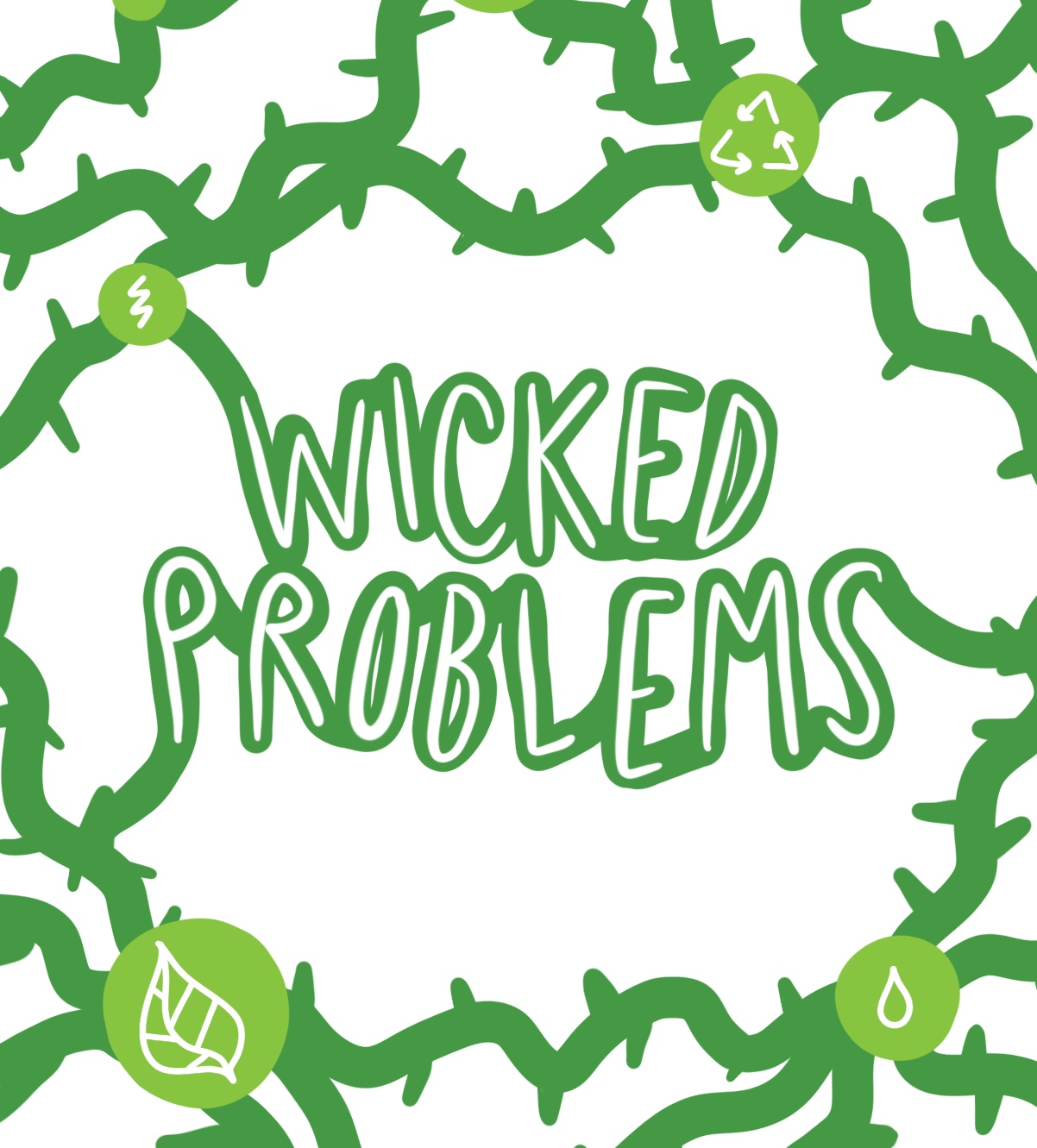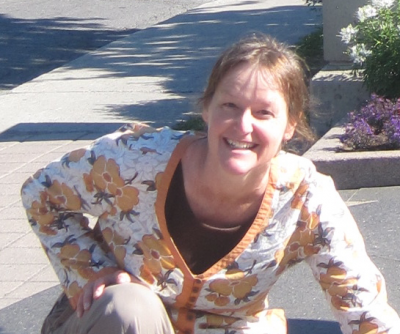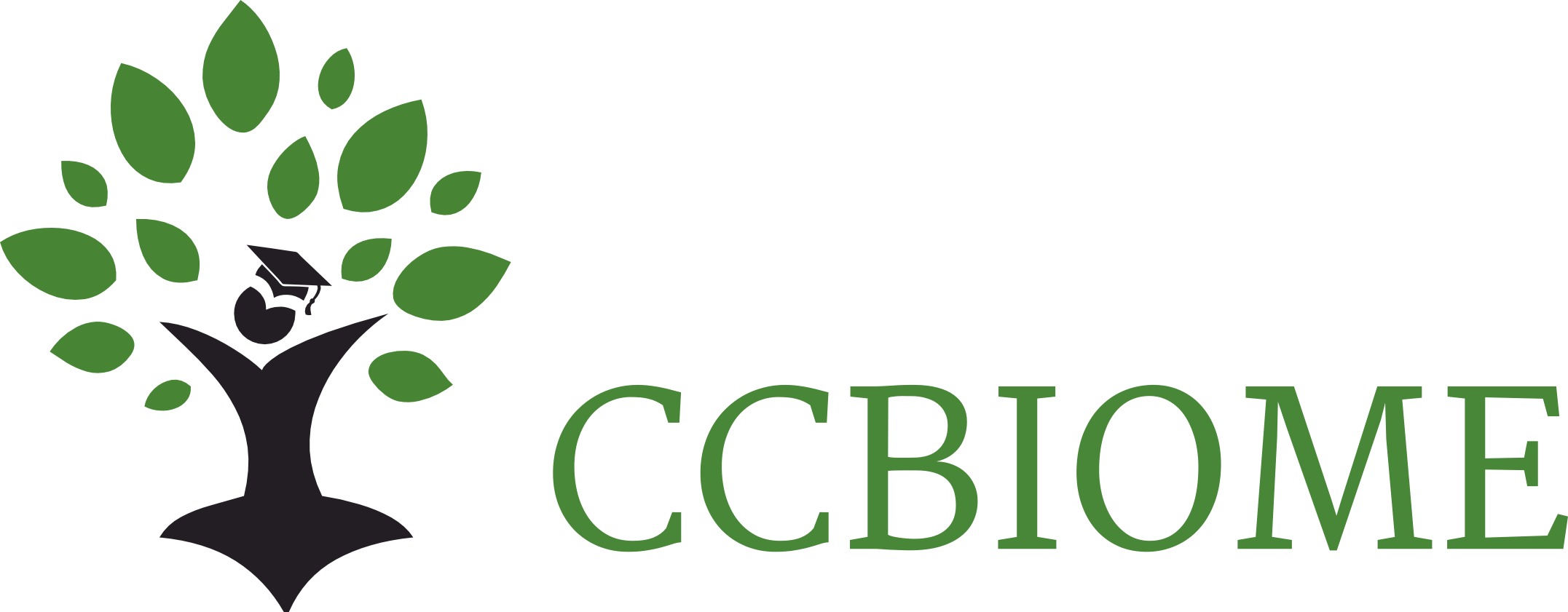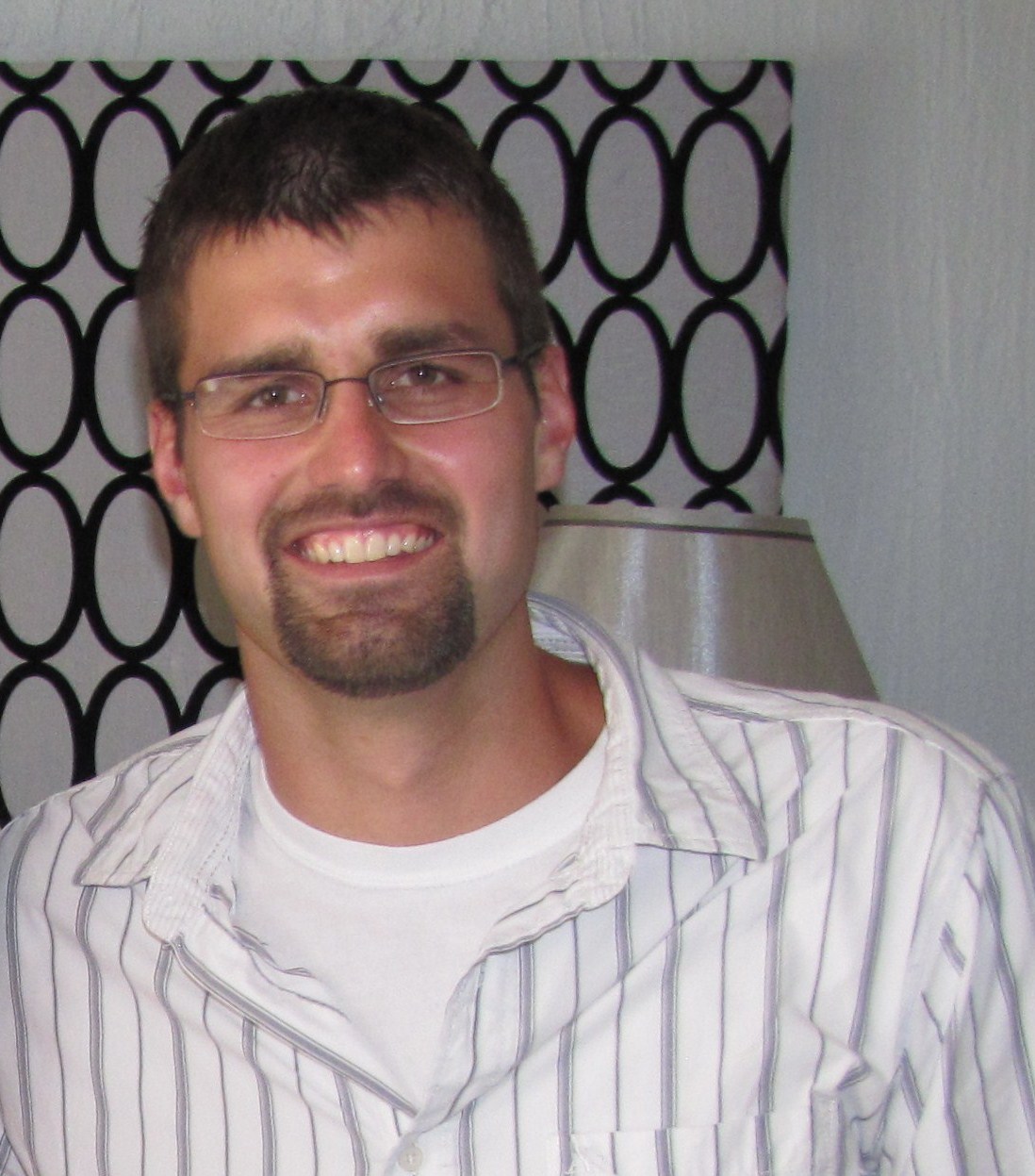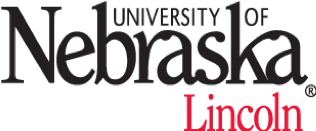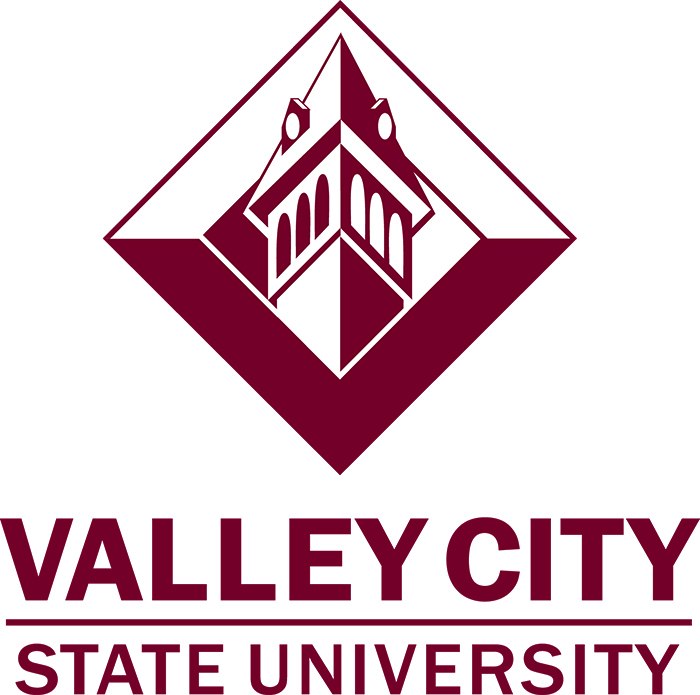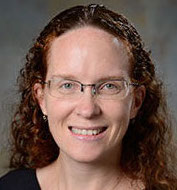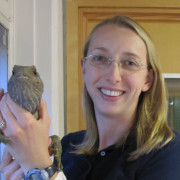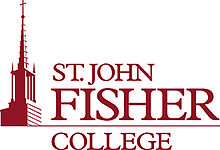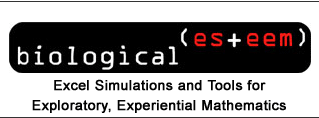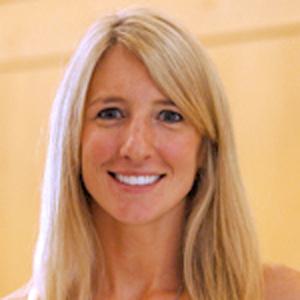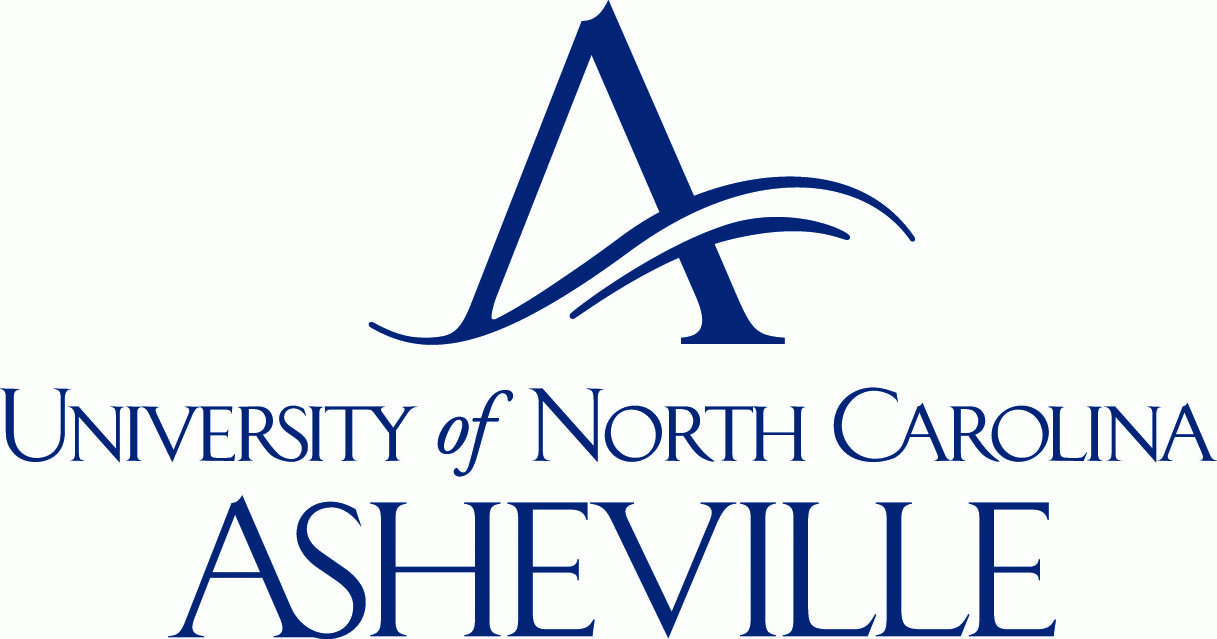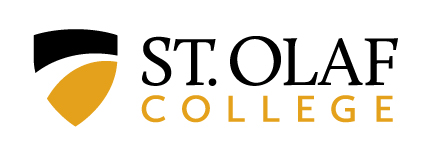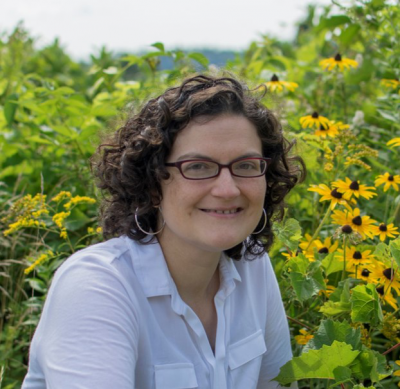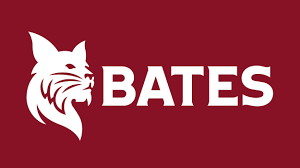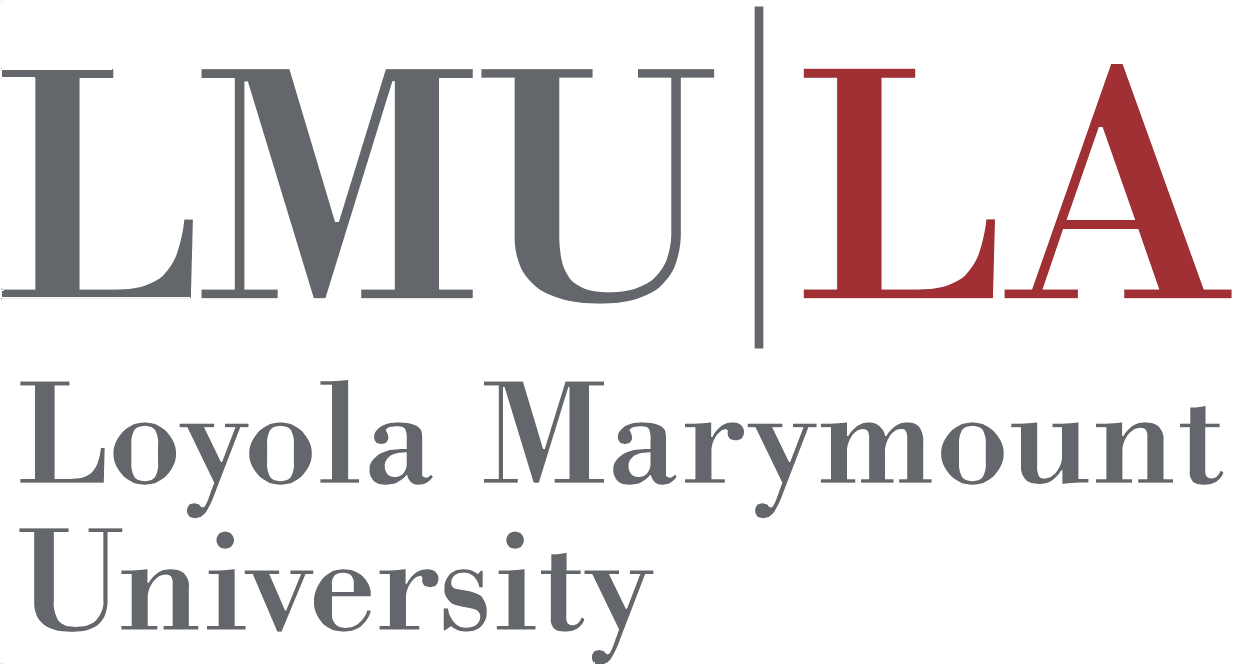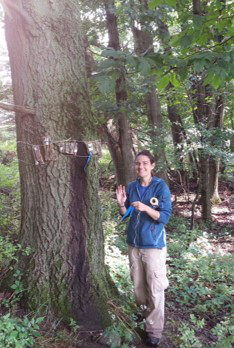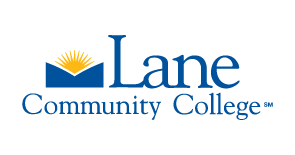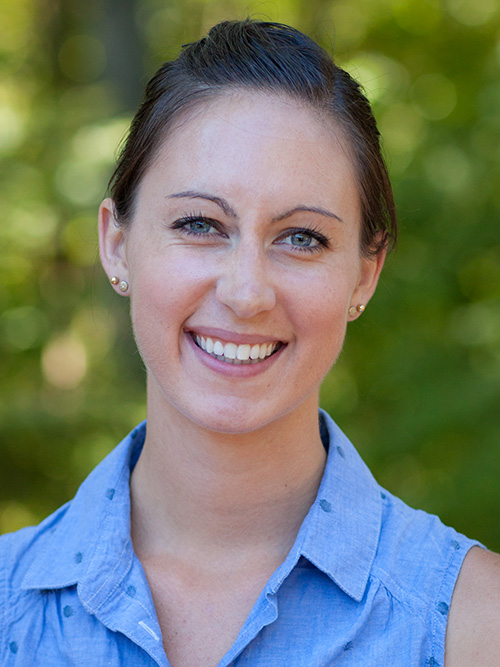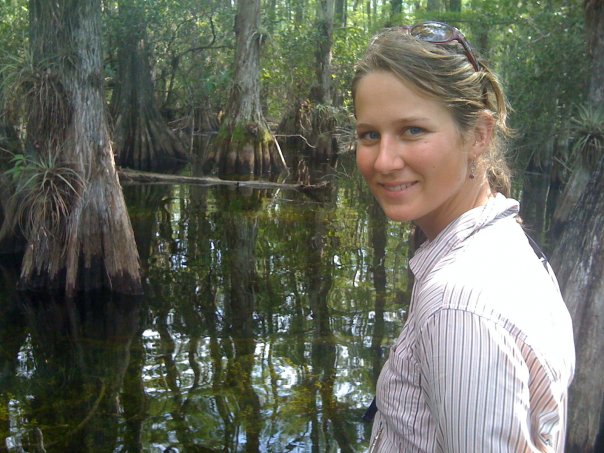The following sessions will be offered on Tuesday, June 19. Sessions will be hands on introductions to resources and pedagogical approaches. There will be three rounds of sessions (10:30 - 12:30, 2:00 - 4:00, and 6:30 - 7:00) and many of the presenters will be available throughout the week. Below the sessions are organized by time, clicking a title will jump you to the full session description:
10:30 am
Avida-ED
Passion Driven Statistics
Data Science Discussion
Mathematical Modeling
Plants by the Numbers
Teaching R with Swirl
2:00 pm
Sign up for sessions here: https://goo.gl/forms/TnPkrRW715O8cXd03
Avida-ED: An artificial life platform for teaching evolutionary principles and how to "do" science
Session Materials
Date & Time:
Tuesday, June 19
10:30 am
Shanahan 3461
Description:
Would you like your students to engage with evolutionary mechanisms using a digital model that is not just a simulation of the effects of evolution? Are you interested in implementing an active learning and inquiry-based scientific experience in your course?
Using the free browser-based digital evolution platform Avida-ED your students can design experiments and collect data to observe how random mutations and evolution in action can produce complexity. This authentic research experience addresses common misconceptions in an engaging and exploratory manner that many of our students find to be “really cool and helpful,” and “a vivid way to learn” about evolution. For many of our students this experience was the first time they identified with the scientific community: “[With] the Avida-ED project, [it] felt like I was a researcher.”
In our session participants will perform a set of exercises designed to address common misconceptions regarding the process of evolution. We’ll then describe the independent research projects carried out by groups of students using Avida-ED. Our session’s initial exploration of this curriculum will provide the basis for a discussion about how workshop participants might implement Avida-ED lessons and/or research projects in their own courses.
This Avida-ED curriculum has been implemented in biology courses at Michigan State University and around the US, ranging from high school through advanced undergraduate. We will also present data on work we have done to assess the effectiveness of Avida-ED implementations on student learning of evolutionary concepts and science process skills.
For more information about Avida-ED click here.
Bringing a Passion for Research to Introductory Students
Other materials/activities for this session can be found in the Collections area [linked here]Session Materials
Date & Time:
Tuesday, June 19
10:30 am
Shanahan 3465
Description:
Despite its central importance in research, providing opportunities for inquiry with data at the introductory level is limited by numerous challenges that are not easily overcome with traditional pedagogical approaches. Through funding from the National Science Foundation, we have developed curriculum that directly and creatively tackles the most significant challenges faced by introductory students and instructors. The result is a passion-driven, project-based experience that provides greater access to the quantitative research process for large numbers of students and combines new learning materials and innovative teaching strategies for exposing students to a multidisciplinary model of quantitative inquiry. The curriculum provides training in flexible application of knowledge, opportunities to analyze data in real world contexts, and education about quantitative tools through computing. Our approach provides students experience with basic coding through work with SAS, R, Stata, Python or other code based programs. Among those enrolled in the introductory project-based curriculum, although URM students were found to consider the material presented in the course more difficult than non-URM students, URM students demonstrated similar levels of increased confidence in applied skills and interest in follow up courses as non-URM students. Further, URM students were also found to be twice as likely as non-URM students to report that their interest in conducting research increased. Taken together, this model provides students with a unique opportunity to get “hooked” on the power and excitement of quantitative research, regardless of level of preparation, learning style or initial interest.
*Please note* if you are attending this session you will need earbuds/headphones.
CCBIOME: Community College Biology Master Educators on the QUBESHub
Description:
CCBIOME is designed to connect community college faculty with resources, events, information and fellow two year faculty from across the country. Join us for a quick introduction to this project and help us shape the project for the future. What would you like this site to provide for the community? Do you have resources to share? How can CCBIOME be most useful to you?
For more information about the project click here
Cell Collective
Version: 1.0 Cell Collective
Date & Time:
Tuesday, June 19
2:00 pm
Shanahan 3481
Description:
Traditional lecture and textbook-based learning formats in life science courses make it challenging for students to fully conceptualize and appreciate the complex and dynamic nature of biological and biochemical processes. To address these challenges, we have developed a new learning approach that enables students to build, simulate, and investigate computational models of the processes embedded in biological systems.
This method is facilitated through an easy-to-use software, Cell Collective Learn (http://learn.cellcollective.org), that makes this computational modeling approach accessible to any student and instructor (i.e., no prior computational modeling experience is necessary). The learning modules have been designed to be self-contained and adoptable by any instructor. This computational approach has been used at several levels ranging from large introductory courses to graduate courses. The setting of its utility is also flexible; the modeling activities can be used in-class, assigned as homework, and/or deployed as extensive lab investigations.
Participants will explore one of our computational modules to learn from a student’s perspective, gaining first-hand experience of the learning process associated with a simulation-based lesson. We will provide participants with instructor materials that will enable them to deploy the simulation lesson in their respective institutions. Drawing from our experience deploying these simulation lessons to thousands of students, we will also provide suggestions on how to most effectively deploy the lesson in participants’ respective courses. Finally, we will also highlight the variety of available learning modules, and assist participants in developing and simulating their own computational model.
To learn more about this project click here
The Data Science Discussion
Description:
Join us for an overview of the new National Academies report "Data Science for Undergraduates” with member(s) of the report committee. After exploring the report recommendations, session participants will share what their institutions are doing in data science, explore areas where data science will fit in the biology curriculum, and identify areas where additional support will be needed.
Resources for this session are in a collection and a Google doc.
DIG into Data for the Biology Classroom
Version: 1.0 Description: In this workshop, participants will explore ecological data-centric teaching modules produced by the Data Incubator Group (DIG) in a recent Faculty Mentoring Network (FMN). Participants in the FMN developed data-rich teaching materials that were published in a special issue of the Ecological Society of America’s Teaching Issues and Experiments in Ecology (TIEE). These modules incorporate real ecological datasets on a variety of topics including climate change, species distributions, parasitism, aquatic invertebrate communities, human diseases, and others. While exploring these datasets, students are also introduced to different data science tools, including GIS, the statistical software R, spreadsheet-based analyses, and mark-recapture software. At the end of the workshop, we will also discuss how these materials are being used to explore a new model for Open Education Resources (OER), in which instructors publicly re-share their own modifications of others' published materials. Participants will learn about current and future opportunities to participate in this community. For more information about this project click here
Resources for this session can be found in the Collections area [linked here] Description: In this session, I will introduce the Biological ESTEEM Collection, an online suite of Excel-based modules that facilitate mathematical exploration of a wide range of biological concepts. These modules are designed to guide early learners step-by-step through the reasoning that underlies a particular model or analysis, while advanced users can modify the default calculations to better reflect the actual features of a given biological system. Today, we will focus on two modules: (1) Island Biogeography, in which students determine which biotic and/or abiotic factors best predict species diversity in discrete habitat patches; and (2) SIR BuildIt, in which students first model the spread of a generic infectious disease, then refine the model to reflect more precisely the properties of a specific disease of their choice.
Given the paradigm shift in how science is practiced from a strong disciplinary focus to one of interdisciplinary approaches, it is essential to train students to think holistically and provide opportunities for students to work together across disciplines. We have developed a course to help mathematics and life-sciences college students integrate mathematical, computational and research approaches to addressing real problems. Wet labs and case studies provide real data and engage students in model formulation, parameter estimation, and model validation. The labs generate insights into the relationship between developing a conceptual model and designing and carrying out an experiment whereas the case studies reinforce particular mathematical and computational skills in the context of problems at multiple biological scales. These classroom activities help mathematics students grapple with the challenges of obtaining appropriate data, and biology students develop more rigorous approaches to thinking about problems and the tools to extract critical parameters or make quantitative predictions. For more information about this project click here
Resources for this session can be found in the Collections area [linked here] Description:
Do you teach models such as Hardy Weinberg Equilibrium or population growth? Do your students understand how these models are used to explore biological concepts? We, as an interdisciplinary group of biologists, mathematicians, and education researchers, have been using these models, ubiquitous in biology curricula, as an example of how to introduce biology students to the process of modeling.
Version: 1.0 Description: Many biology instructors find evolution a difficult topic to teach and many students find evolution a difficult topic to learn. Part of this difficulty stems from the complexity of the evolutionary process that requires knowledge spanning across biological subdisciplines to fully understand. The Evo-Ed (http://www.evo-ed.org) project provides resources to help educators teach evolution using integrative examples of trait evolution. Pre- and post-course assessments indicated that students who learned evolution in this context were better able to explain the molecular basis of mutation, describe how mutations lead to phenotypic change and make mechanistic links between genotypes and phenotypes. In this interactive BioQUEST workshop session, participants will learn about the integrative cases of trait evolution. By the end of the session, participants will be able to implement one or more integrative case in a classroom setting. Stemming from this session, participants will work on developing resources that can supplement and build upon this approach to evolution education. For more information about Evo-Ed click here.
Other materials/activities for this session can be found in the Collections area [linked here] Description:
Multiple national reports, most notably Vision and Change in Undergraduate Biology Education, urge faculty to infuse all levels of the curriculum with increased emphasis on interdisciplinary connections and quantitative approaches. MathBench addresses the need for enhancing quantitative proficiency through a series of interactive, web‐based modules. The modules use humor, references to popular culture, and interactive elements to engage students, allowing them to hone their quantitative skills in preparation for more complex mathematical approaches that represent the future of modern biology. At the University of Maryland, where the modules were developed, they are used to supplement existing course content in six fundamental biology courses. The modules and associated instructional resources are being disseminated to interested instructors worldwide. Students who have used MathBench in their coursework show increases in quantitative skill and enhanced appreciation for the essential role of mathematics in modern biology. This session will provide an overview of the MathBench modules, their implementation in representative biology courses, and the assessment data that support their efficacy.
Version: 1.0 Description:
I will present the set of modules used in a recent FMN that used plant-focused activities to explore different types of data, types of data collection, and methods of analysis. The modules include several different approaches including in-class activities, hypothesis-driven laboratories, flipped labs, and simulations.
Description:
Are you interested in helping your students gain better quantitative reasoning skills, but often face a wave of resistance and even fear in the classroom? Come learn some practical and effective ways to help students become more comfortable with math, more willing to work hard to understand difficult problems, and more able to reflect on their own learning. BIOMAAP (Biology Undergraduate Math Attitudes and Anxiety Program) offers a variety of modules that are easy to include in your course as out of class assignments or as short in-class activities. Themes include metacognitive reflection, growth mindset, number sense, and more. Learn more about BIOMAAP: https://qubeshub.org/community/groups/biomaap
Description:
Data science is an emerging field that will transform how biological research is done, and impact how we teach biology. At this early stage, there are few resources and guidelines for teaching and infusing data science skills across biology (e.g. in bioinformatics, ecology, epidemiology, and cell biology). A recent report by the National Academies entitled Data Science for Undergraduates: Opportunities and Options discusses the development of data acumen, consisting of multi-dimensional skills and concepts, including quantitative reasoning, knowledge of and proficiency in the data life cycle, social concepts including ethics and reproducibility, and domain specific knowledge, which can vary wildly even within Biology. Serenity is a free open-source web application, developed for educational purposes, designed around supporting faculty in building data acumen in their students. We will do a hands-on demonstration of some sample teaching modules developed for Serenity, analyzing real-world, messy biological data. Serenity was designed with the focus on the data first, and helps students through the full data life cycle: from data exploration with interactive visualizations, to communication and reporting of results through interactive documents. After demonstrating Serenity through pre-existing teaching modules, we will invite attendees to choose a dataset of interest, explore the dataset through data visualization and analysis, and present a simple report of their findings to the audience.
Version: 1.0 Description:
Science faculty at Lane Community College wrapped up an NSF IUSE grant to pilot student research experiences in non-science majors classes (Biology and Earth and Environmental Science). We learned some lessons on faculty involvement (especially adjuncts) and the scope of research we can conduct with limited time, resources, and student background. Web site access: see the url provided. Use Guest Access and use the password NWBIO2018 when prompted.
Version: 1.0 Description:
Basic programming and data analysis skills are becoming increasingly important in undergraduate biology education, yet content requirements and time constraints prohibit in-depth instruction on programming and analysis in most biology courses. Educators and students need tools to efficiently learn basic programming skills, statistics, and analytical approaches in a framework that supports integration of biology content. In this session, we will explore Swirl, an interactive platform for learning and teaching R in the R console that can be used to efficiently integrate programming and data analysis instruction into a range of undergraduate biology courses. In addition to utilizing existing Swirl courses, instructors can design custom interactive courses using the Swirlify package to support class objectives. Participants will receive an introduction to Swirl and existing publicly-available Swirl courses, a tutorial on developing customized Swirl courses, and will work to develop short Swirl courses of their own to analyze provided biological datasets. Participants should be comfortable performing basic data analysis in R.
To access session materials, visit the [workshop session page] on the NEON website Description: Data discovery, manipulation, and analysis are crucial skills for students to be comfortable asking questions using data. As an instructor, you want to be able to use or build teaching materials around data sets that can be used year after year. The standardized data collection and delivery methods for over 180 different data products from the National Ecological Observatory Network (NEON) allow you to use public OERs or build your own materials for your classroom knowing that the same data will be available next year. With this free, standardized data from 81 different NEON field sites from across the US, you can find local or regional data and have students make comparisons across the continent. NEON data can be used at many skill levels; existing OER materials from NEON range from a focus on interpretation of figures to spreadsheet use to reproducible, programming-based data analysis. In this session, we will spend the first hour exploring open educational resources that use NEON data, with an emphasis on Data Management using NEON’s Small Mammal Data with Accompanying Lesson on Mark Recapture Analysis (McNeil & Jones, 2018). In the second hour, we will use the NEON data portal to directly access NEON data of interest with a discussion of considerations for using the NEON portal and data with students. Participants will leave this session with the tools and comfort level to discover and access data from the NEON data portal and to be aware of and able to use the open educational resources available from NEON. This session will be presented as a guided navigation through the available resources, therefore, workshop participants should bring a laptop with Excel or Google Sheets (tablets and phones are not ideal) to be able to participate fully in the workshop.
Description: In this session you will get to learn hands on how to use an open digital tool that your students can use to author their own multiple choice questions about course content. A demonstration and explanation of its use in biochemistry and general chemistry courses will be discussed. Students are able to add in explanations to their questions, thus deepening their own understanding of content, as well as use the emerging library of questions to self quiz on course content. Some preliminary analysis of learning outcomes and results using this in two separate courses will be shared.Session Materials
DIG into Data for the Biology Classroom
Date & Time:
Tuesday, June 19
6:30 pm
Shanahan 3481
The ESTEEM collection: Computational tools to support modeling and analysis of biological systems at the introductory level and beyond
Date & Time:
Tuesday, June 19
2:00 pm
Shanahan 3461
Exploring Mathematical Modeling in Biology through Case Studies and Experimental Activities
Date & Time:
Tuesday, June 19
10:30 am
Shanahan3425
In this session, we will walk you through the wet lab on glucose regulation. After learning about the role of glucose and the systems that regulate its concentration, we will develop a differential equation model that incorporates the feedback between glucose and insulin, and we will propose various ways of representing the rate at which glucose enters the blood after consumption. Instead of participants taking the sugar challenge and measuring their blood glucose levels, we will provide data sets for everyone to use. The data will be used to estimate unknown model parameters. Then, we will discuss the results and ask follow-up questions that could be addressed using thoughtful experimental design along with some that evolved into successful student-generated projects. We will also provide a brief overview of other materials used in the course.
An Invitation to Modeling: Exploring the process of science through the process of modeling

Date & Time:
Tuesday, June 19
6:30 pm
Shanahan 3465
In keeping with our emphasis on better understanding through multiple representations, we offer a multi-faceted approach to understanding common biology models, beginning with a hands-on activity and emphasizing how to use graphical representations of numerical data to build a verbal representation and the corresponding symbolic representation. Students who lack the background to understand the formulas can nevertheless learn to think mathematically through the interplay among experience, data, and graphs, and activities can support the understanding of models, while students with various mathematical exposure and adapted to courses with varying levels of mathematical expectation.
We introduce the framework using outlines of potential HWE and population growth activities. Therefore, there is room to contribute to the more complete development of these activities. There is also the ability to apply this framework to enrich the teaching of other models in biology.
Integrative Cases for Evolution Education
Session Materials
Evo-Ed: Cases for Effective Evolution Education
Date & Time:
Tuesday, June 19
2:00 pm
Shanahan 3465
MathBench: Interactive, online modules to enhance quantitative skills in biology students
Session Materials
Date & Time:
Tuesday, June 19
6:30 pm
Shanahan 3425
Plants by the Numbers
Session Materials
Plants by the Numbers
Date & Time:
Tuesday, June 19
10:30 am
Shanahan 3481
Practical solutions to address math anxiety and negative math attitudes among biology undergraduates
Session Presentation
Date & Time:
Tuesday, June 19
2:00 pm
Shanahan 3425
Serenity now! Keep calm and do science with real data in the classroom
Session Materials
Date & Time:
Tuesday, June 19
2:00 pm
Shanahan 3421
BIRDD Problem Space
Student Research at Community Colleges
Session Presentation
Undergraduate Research at Lane Community College
Date & Time:
Tuesday, June 19
6:30 pm
Shanahan SkyCube
Teaching R and data analysis interactively with Swirl
Session Presentation
Teaching R with Swirl
Date & Time:
Tuesday, June 19
10:30 am
Shanahan 3485
Download Regression Swirl Course
Using NEON Data and Teaching Materials with Your Students
Date & Time:
Tuesday, June 19
2:00 pm
Shanahan 3485
Use of PeerWise - an open digital question authoring tool
Session Materials
Date & Time:
Tuesday, June 19
6:30 pm
Shanahan 3485
